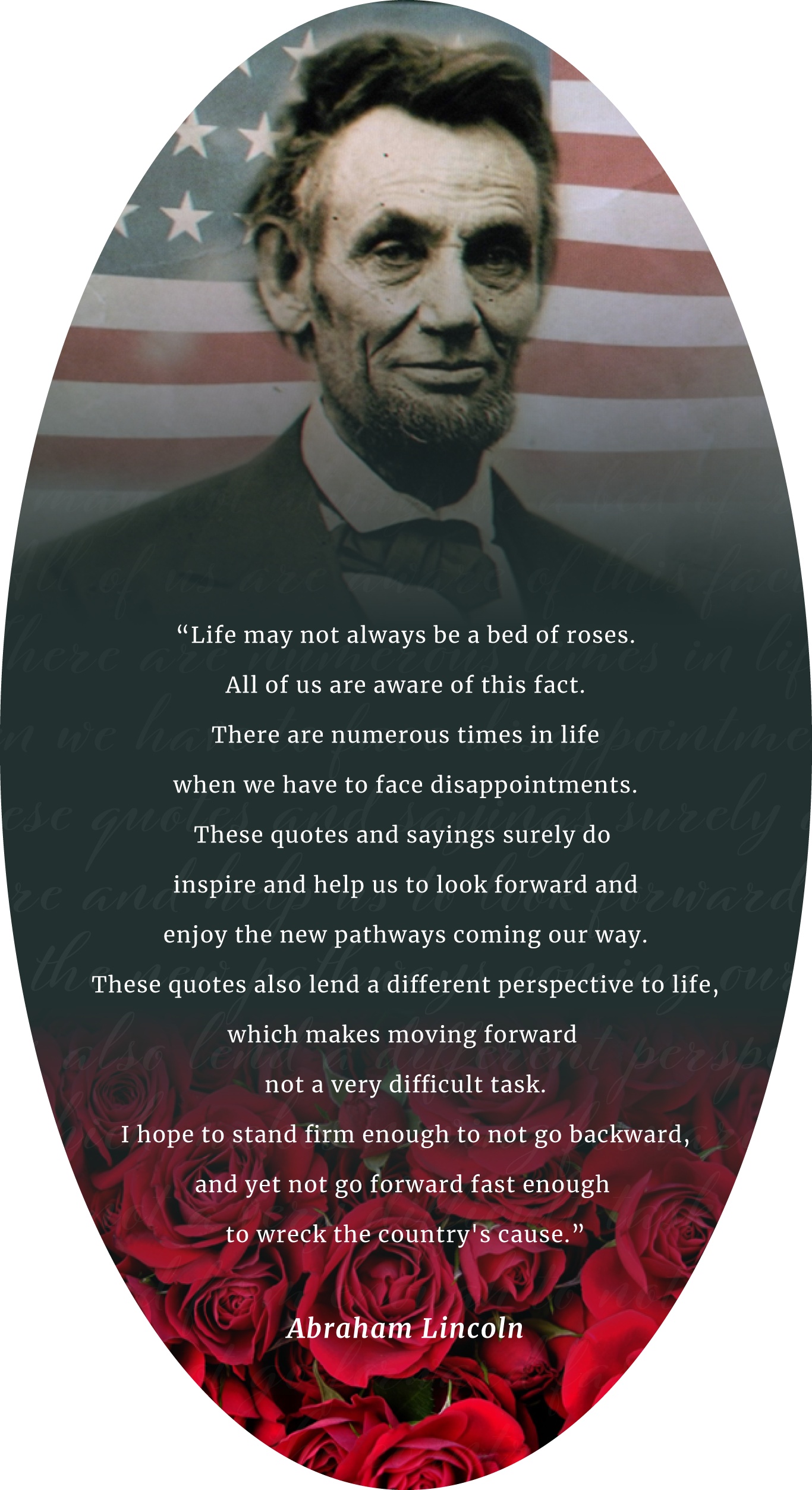
Cleaning up misconceptions
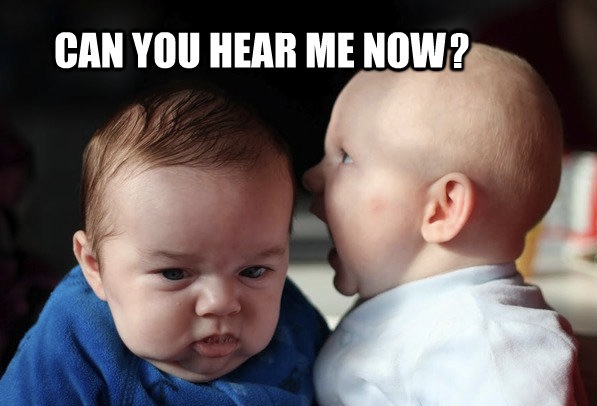
For the past 16 months, I have become accustomed to meeting and communicating with—
medical professionals in my ALS Team at UCSF
people involved with the ALS Association, and
individuals at the Martha Olson Fernandez Foundation (MOFF).
All of these people model patience, understanding, and a keen awareness of ALS traits.
Last week during an appointment unrelated to my diagnosis, a medical professional who has not followed my disease and may lack a clear understanding of ALS, caught me off guard. Whether the individual realized it or not, once they heard my muddled voice, they downshifted their speech speed and began enunciating more emphatically.
Preconceived –
American Heritage Dictionary – to form (an opinion, for example) before possessing full or adequate knowledge or experience
Macmillan Dictionary – a preconceived idea or opinion is formed before you have a lot of information, experience, or evidence and is therefore probably wrong
Merriam-Webster – to form (an opinion) prior to actual knowledge or experience
As a person diagnosed with ALS, my verbal communication skills are progressively worsening. My speech is markedly garbled. The sheer mental and physical effort it takes to try to formulate words and make myself understood leaves me utterly wiped out. But please don’t fall into the trap of assuming my messed up speech is an indication that my cognitive skills and/or my hearing are also jeopardized. My mind still thinks, reasons, and processes just as well as it ever has; however, my tongue and lips no longer clearly articulate. My hearing hasn’t diminished. Good news! You don’t need to speak louder, slower, nor enunciate more dynamically when you speak with me. I can understand you just fine.
The above holds true for most people who have been diagnosed with ALS. While there are some people with ALS who exhibit symptoms associated with dementia, by and large, most retain full mental capacity up until their passing. If you are interested, WebMD has an article delving into cognitive changes in some ALS patients.
Researchers have increasingly begun to recognize that in some cases, people with ALS can experience cognitive changes that are severe enough to be called dementias. Dementias are a type of severe brain disorder that interferes with a person’s ability to carry out everyday activities that involve attention, memory, planning, and organized thinking. Research on the relationship between ALS and dementias is ongoing.
My early survival story
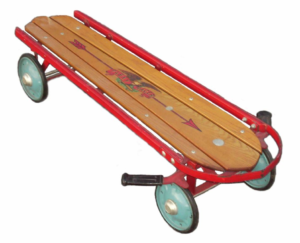 The year must have been 1958. It was Christmas. My parents (probably my dad’s idea) gave my brother a luge on wheels. They looked so cool and promised to be loads of fun . . . for boys! In reviewing internet remarks, some people refer to this as a Flexi-Flyer while others call it the Flexy Racer. Doesn’t really matter to me. I’m calling it . . . Lawsuit on Wheels.
The year must have been 1958. It was Christmas. My parents (probably my dad’s idea) gave my brother a luge on wheels. They looked so cool and promised to be loads of fun . . . for boys! In reviewing internet remarks, some people refer to this as a Flexi-Flyer while others call it the Flexy Racer. Doesn’t really matter to me. I’m calling it . . . Lawsuit on Wheels.
Here’s a 1996 online comment from a fellow named Jim Kershner (emphasis mine):
Not only did I have a beloved Flexible Flyer sled, but I was the proud owner of a Flexy Racer, a Flexible Flyer product that was simultaneously the most fun toy on my block and the most dangerous toy on earth.
A Flexy Racer was essentially a Flexible Flyer with rubber wheels. No need for snow; all you needed was a nice steep street and a high tolerance for friction burns. You could steer it like a sled, and it had rudimentary brakes on the front wheels. However, the only reliable stopping method was to veer off onto somebody’s lawn and roll off.
Imagine the thrill of being 8 years old, screaming down the street at 20 miles an hour, six inches from the asphalt, no helmet, no gloves, no long pants. No wonder I loved my Flexy Racer more than any other toy; no wonder they quit making them 30 years ago, no doubt on advice from their lawyers.
What a safe place to be!

UNDER HIS WINGS
by William Orcutt Cushing
1) Under His wings I am safely abiding;
Though the night deepens and tempests are wild,
Still I can trust Him, I know He will keep me;
He has redeemed me, and I am His child.
Refrain
Under His wings, under His wings,
Who from His love can sever?
Under His wings my soul shall abide,
Safely abide forever.
2) Under His wings—what a refuge in sorrow!
How the heart yearningly turns to His rest!
Often when earth has no balm for my healing,
There I find comfort, and there I am blest.
Refrain
3) Under His wings—oh, what precious enjoyment!
There will I hide till life’s trials are o’er;
Sheltered, protected, no evil can harm me;
Resting in Jesus I’m safe evermore.
Refrain
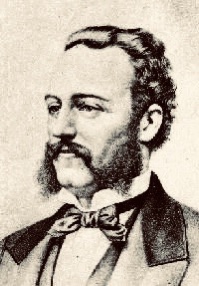
 William Orcutt Cushing
William Orcutt Cushing
Born ~ Hingham, Massachusetts – December 31, 1823
Died ~ Lisbon Center, New York – October 19, 1902
God—Master of Mysteries!
Have you, on occasion, experienced a moment when something profound comes alive in a brand new sense? In a “eureka moment” this past week, I had been thinking about how disheartening it is to no longer be able to communicate verbally with Jon, my family, our little mixed-breed terrier, Emma, neighbors, and friends. It wasn’t a pity party—just a genuine grieving for the loss of something so personal and precious. 😢
In my February 9 post “Let’s talk tongue,” an excerpt from PubMed.gov includes:
Loss of communication effectively imprisons
the patient in a state of isolation.

Deeper contemplation of the word “imprisons” brought to mind accounts of people unfairly incarcerated. Having committed no crime worthy of such harsh punishment, their confinement was ordered by hateful, totalitarian regimes. Sometimes their imprisonment culminates in horrific executions. Ultimately, others are released.
A prisoner in isolation is alone in a dark cell. He or she still has their voice but have no one to talk to. In a 180 degree flip-flop, a person with bulbar ALS does have people to talk to but no longer has a voice to communicate.
 So what was my eureka moment?
So what was my eureka moment?
We’re almost there . . .
Grasping a truth, as if it was the first time . . . the same God Who made me, loves me and has graciously communicated with me through the Bible and His unparalleled handiwork in creation.
He HEARS ME even though I cannot audibly talk.
HE KNOWS MY THOUGHTS!
Here are the appropos words of David recorded in Psalm 139:1-4 (Amplified Bible)
O Lord, you have searched me [thoroughly] and have known me. You know my downsitting and my uprising; You understand my thought afar off. You sift and search out my path and my lying down, and You are acquainted with all my ways. For there is not a word in my tongue [still unuttered], but, behold, O Lord, You know it altogether.
What could be more reassuring—
God is listening and understands me
even when I don’t utter one single word!!!
I am not isolated from His presence!
He’s got me firmly in His grip.
He knows what this disease is doing to my body.
He understands my groanings—
even though I cannot utter intelligible words.
God needs no intrepreter.
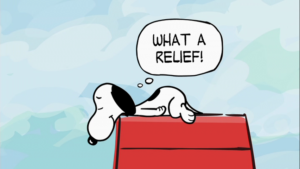
Here’s how you can help!
If you live in San Luis Obispo County,
please consider participating Saturday, February 22 in the
MOFF HIKE x BRUNCH.
Click on the link below to register.
Jon and I plan to be there for the panel
featuring ALS Therapy Development to learn about
the latest ALS research.
6th Annual MOFF Hike x Brunch
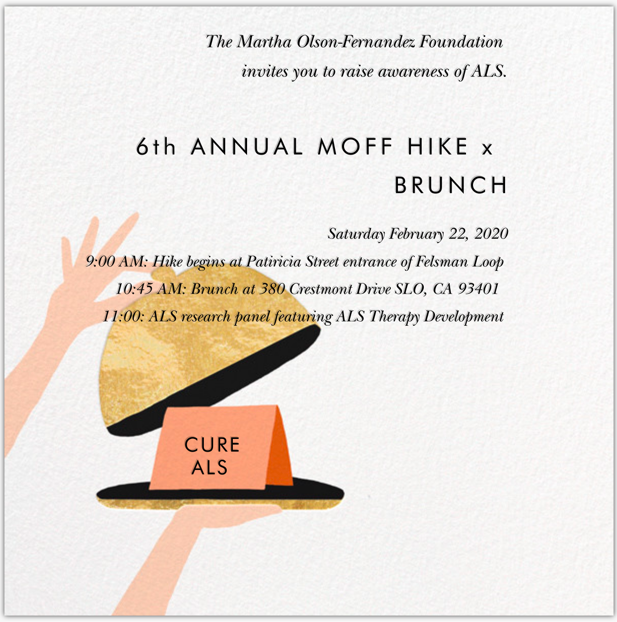
Let’s talk tongue
From KidsHealth.org
Has anyone ever told you that the tongue is a muscle? Well, that’s only partly true: The tongue is really made up of many groups of muscles. These muscles run in different directions to carry out all the tongue’s jobs.
The front part of the tongue is very flexible and can move around a lot, working with the teeth to create different types of words. This part also helps you eat by helping to move food around your mouth while you chew. Your tongue pushes the food to your back teeth so the teeth can grind it up.
The muscles in the back of your tongue help you make certain sounds, like the letters “k” and hard “g” (like in the word “go”). Try saying these letters slowly, and you’ll feel how the back of your tongue moves against the top of your mouth to create the sounds.
The back of your tongue is important for eating as well. Once the food is all ground up and mixed with saliva the back muscles start to work. They move and push a small bit of food along with saliva into your esophagus, which is a food pipe that leads from your throat to your stomach.
Seize the opportunity!

In my January 22 blog post titled “When was the last time . . .” I mentioned having worked for a lucrative feed and grain brokerage firm in southern California prior to going to Lomalinda, Colombia.
The very distinguished, tall Dutchman who owned the prosperous business was Herbert V. Nootbaar. After just two months at H. V. Nootbaar & Co. and continuing throughout my nearly three years of employment, it was very clear that Mr. Nootbaar was the most generous person I’d ever met. He made rounds to every work station and personally handed each employee an envelope with an extra paycheck while commending them for jobs well done. What incentive for employees to strive to do even better! In November, Mr. Nootbaar sent every employee home with a substantial turkey and all the fixings for a scrumptious Thanksgiving dinner. I was still living in Sierra Madre with my parents and maternal grandmother who were completely blown away by Mr. Nootbaar’s kindness. On employees’ birthdays, they were treated to lunch with other employees at a Pasadena restaurant of their own choosing—along with a gift certificate from Bullock’s Pasadena—a very upscale department store. And the list goes on and on.
Mr. Nootbaar retired and lived in a lavish home in Laguna Beach, California, overlooking the Pacific Ocean. He had been married twice and lost both wonderful wives to illnesses. During the expanse of time since I had last seen Mr. Nootbaar, it had been on my mind to call him at the phone number listed online. Finally on August 1, 2016, I picked up my phone and entered his number. His caregiver answered and politely said Mr. Nootbaar was in the restroom and asked if I would please call back in 15 minutes. It took two more calls before Mr. Nootbaar was able to speak with me. He was 107 years young then—understandably, his memory was slightly cloudy. I briefly introduced myself, thanked him for offering me a job in 1972, and expressed my sincere gratitude for his many kindnesses—telling him he was the best employer I’d ever had. He apologized profusely for not remembering who I was, and then said, “Thank you for calling. I love you for telling me this.” His heartfelt words still warm my heart today. Four-and-a-half months later, he passed away after 108 trips around the sun!
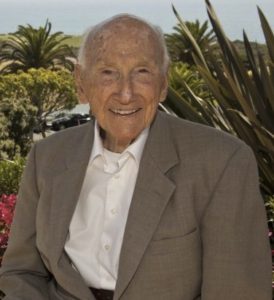
Is there someone who needs your thanks?
Please don’t put it off.
I almost waited too long.
So grateful to have heard Mr. Nootbaar’s
cheerful voice one more time.
How’s it going with us?
Last Thursday, January 30, we loaded both dogs into our car and headed north to Monterey, California, for my appointment with the UCSF ALS satellite clinic—offered to patients twice yearly. We are thankful it was a much easier drive than anticipated. Not until we were halfway to our destination did Jon tell me that Annie had fallen into our rain-filled pond just moments before we left home. Oh no! After he managed to drag her out of the pond, he hoisted all 72 pounds of her soaking wet body into the back seat. Poor Annie was not doing well but slept for nearly the entire two-and-a-half hour drive and continued to doze in the car throughout my three-hour appointment. We were so grateful our daughter, Kathryn, was able to take the day off work and drove south from San Francisco to attend with us. Sadly, it would also be the last time she got to spend time with our special Annie.
The ALS team evaluated me and offered suggestions on how to continue coping with the disease. My speech and swallowing have deteriorated since my previous visit. My limbs still function well, however, my breathing capacity has weakened which prevents us from taking the long walks to which we were so accustomed. The neurologist was reluctant to provide an estimated amount of time I may have remaining on this earth since each ALS patient progresses at different rates and in different ways. She does think I may still have at least one year.
Jon is doing a remarkable job of helping me with my tube feedings, changing the dressing once a day to keep the area surrounding the stoma clean and dry, doing some shopping on his own, and simple cooking for himself. His favorite food is microwaved chicken pot pies from Trader Joe’s. I can still eat soft foods with no lumps and pureed soups. For example, chicken noodle soup with peas, onions, celery, and other vegetables is wonderful, nutritious, and completely edible as long as it is pureed into one smooth texture. There’s a restaurant on the embarcadero in Morro Bay called Dockside. They make some of the best New England clam chowder. We purchase a quart size, puree it in our blender, and it turns into a nice meal for several days.
We appreciate and need your prayers as we navigate this uncharted course with our Ultimate Guide shining His light on the path He has chosen for us.
You are blessing our hearts❣️
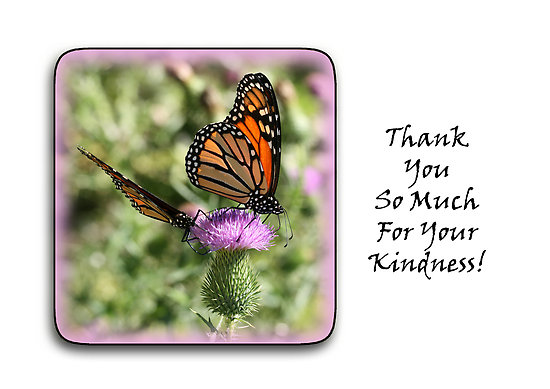
You are touching our grieving hearts with your compassion.
Dogs have been and continue to be such a meaningful
addition to so many of our lives.
They care about their people just like we care about them.
Mutual affection.
God is the One Who so thoughtfully created domesticated dogs.
Those of us who have rubbed shoulders with our canine buddies
know that our lives are all the richer because of
their trust, friendship, and loyalty.
We extend our deepest appreciation to
the staff of Los Osos Pet Hospital
for making room for our Annie in their
very busy schedule yesterday (February 1).
Dr. Richard O. Knighton, Tony, and Windy
were beyond caring and compassionate.
It is a blessing to have them serving our community—
especially during such deeply troubling circumstances.

